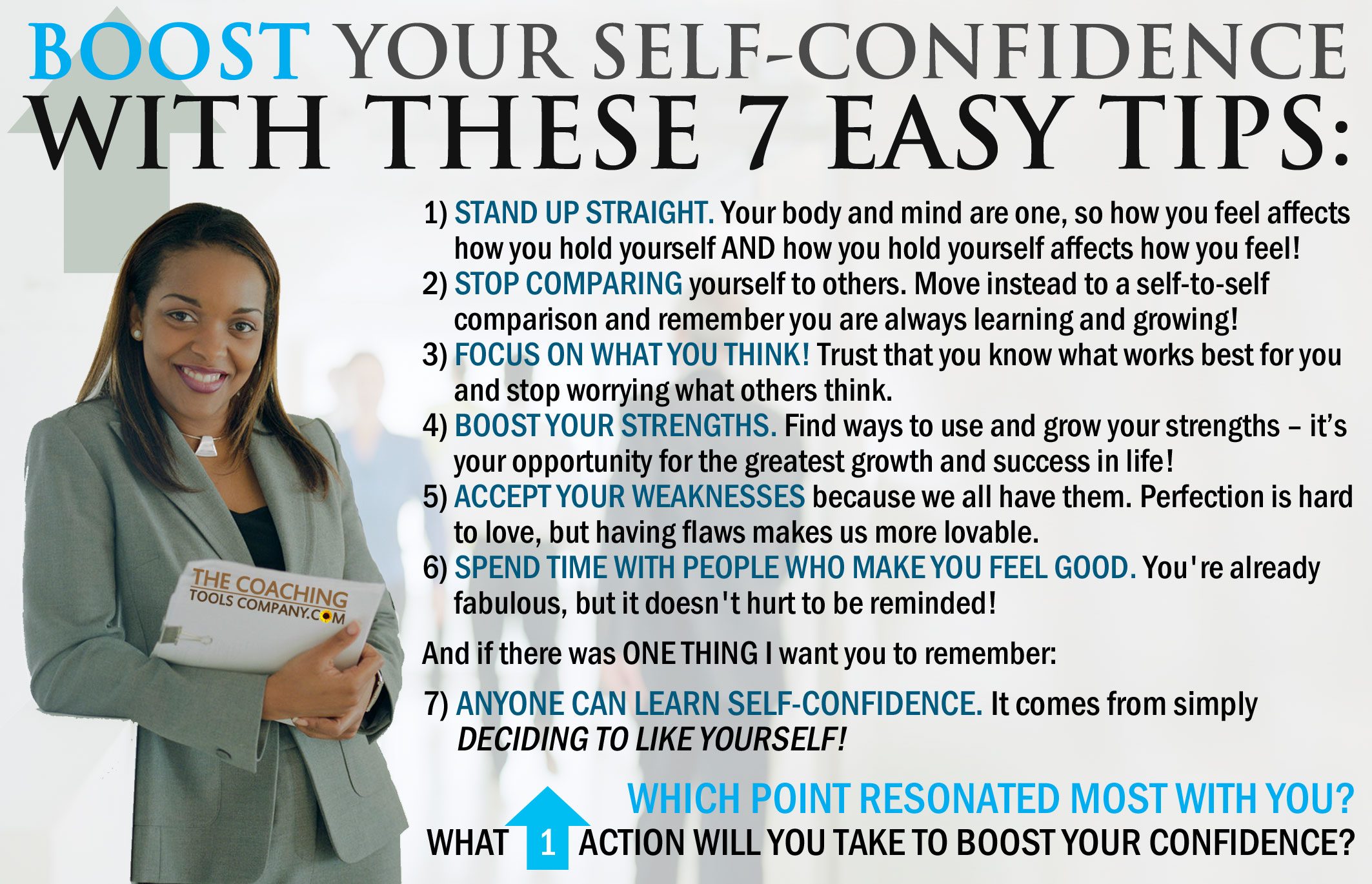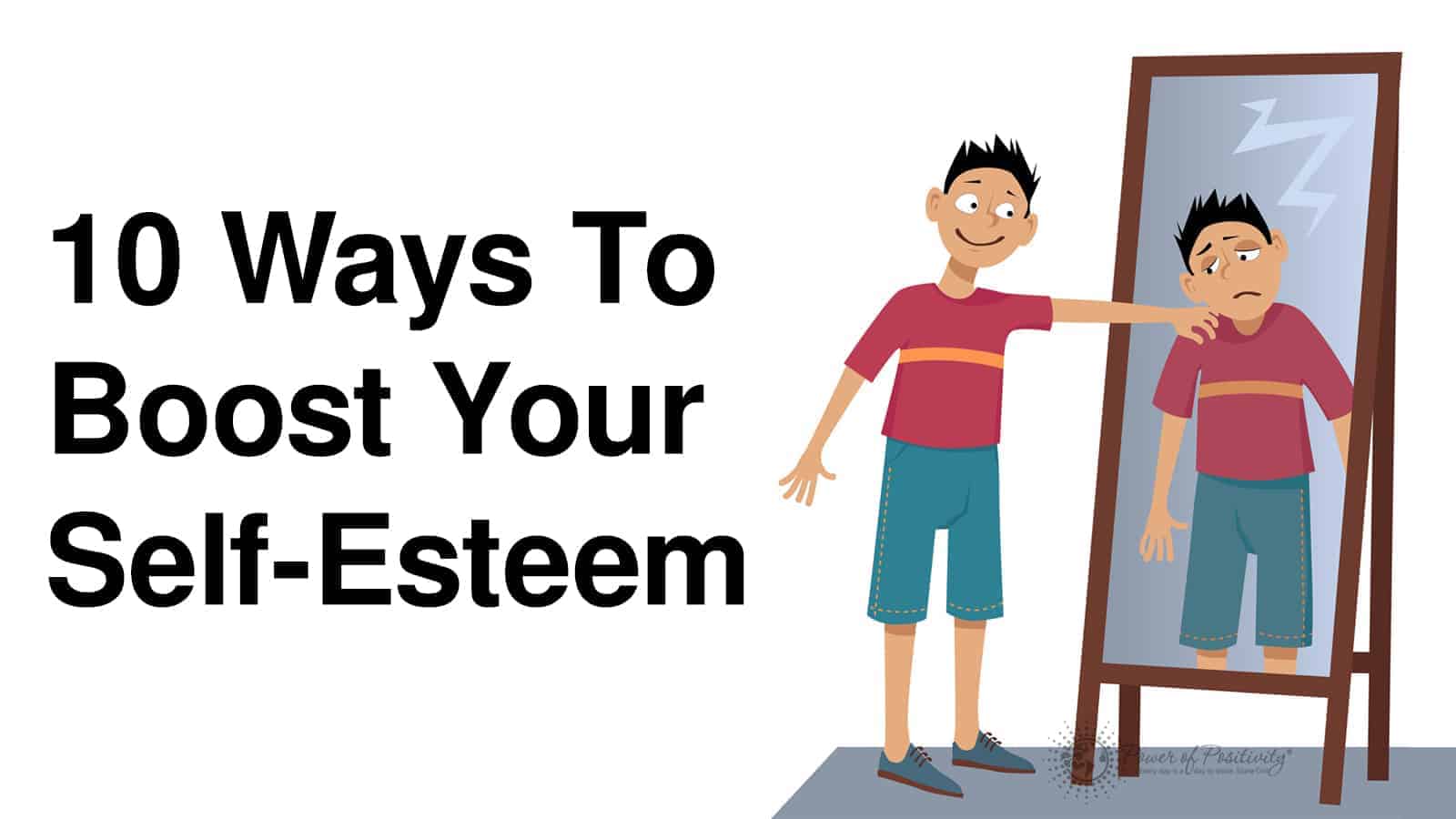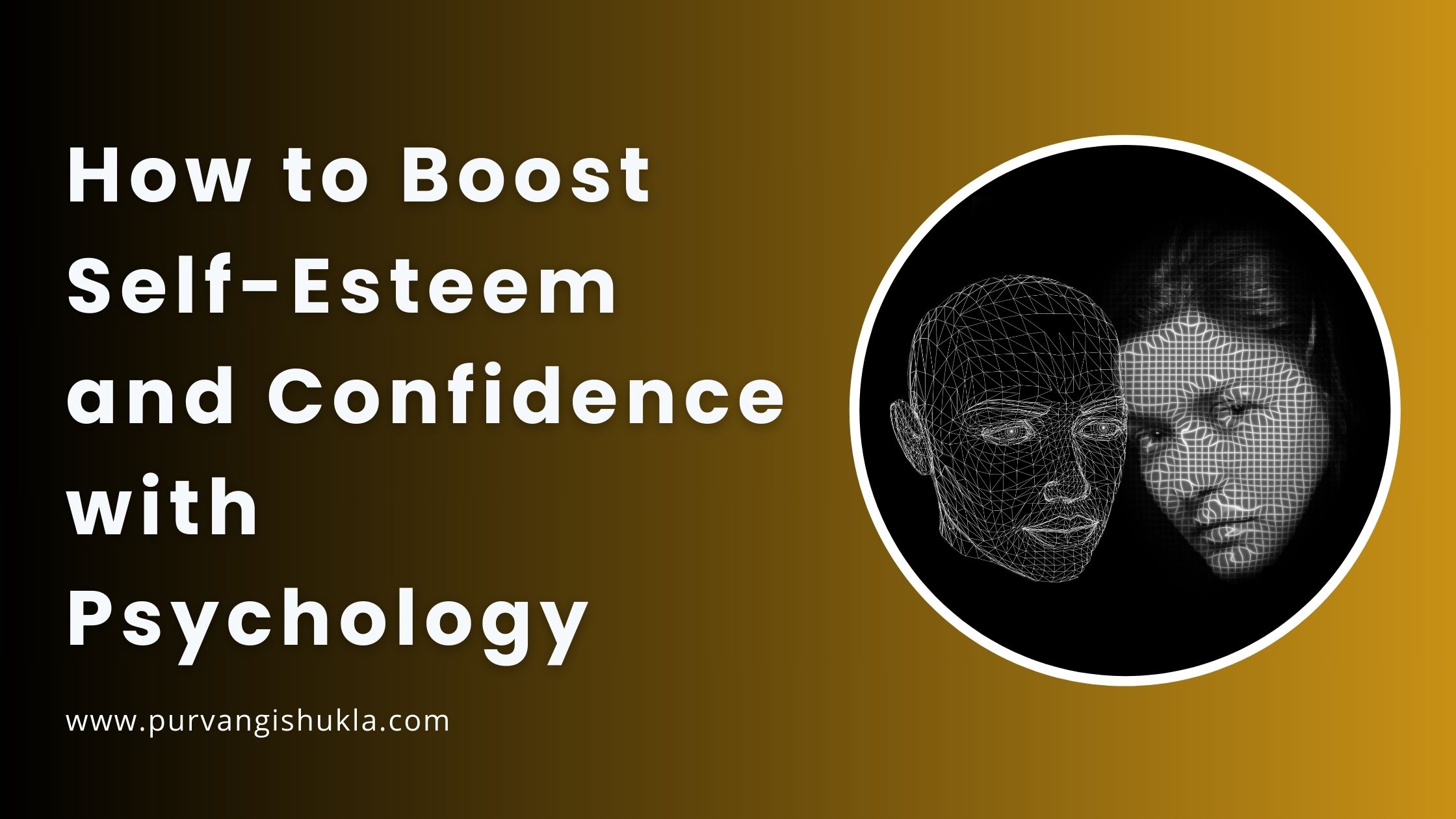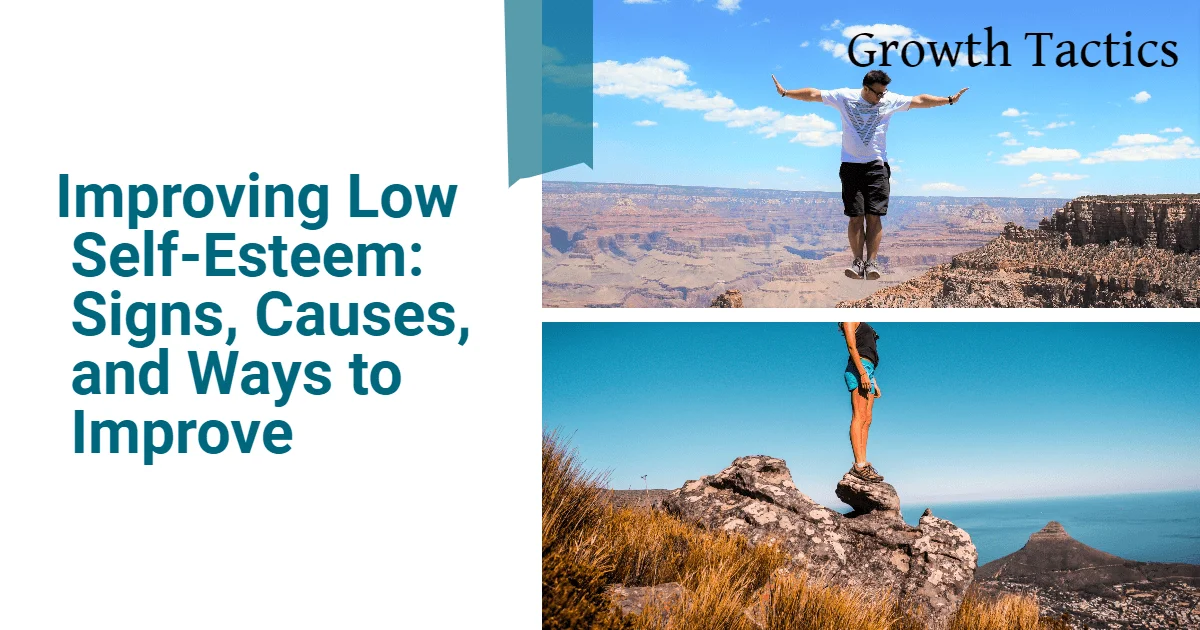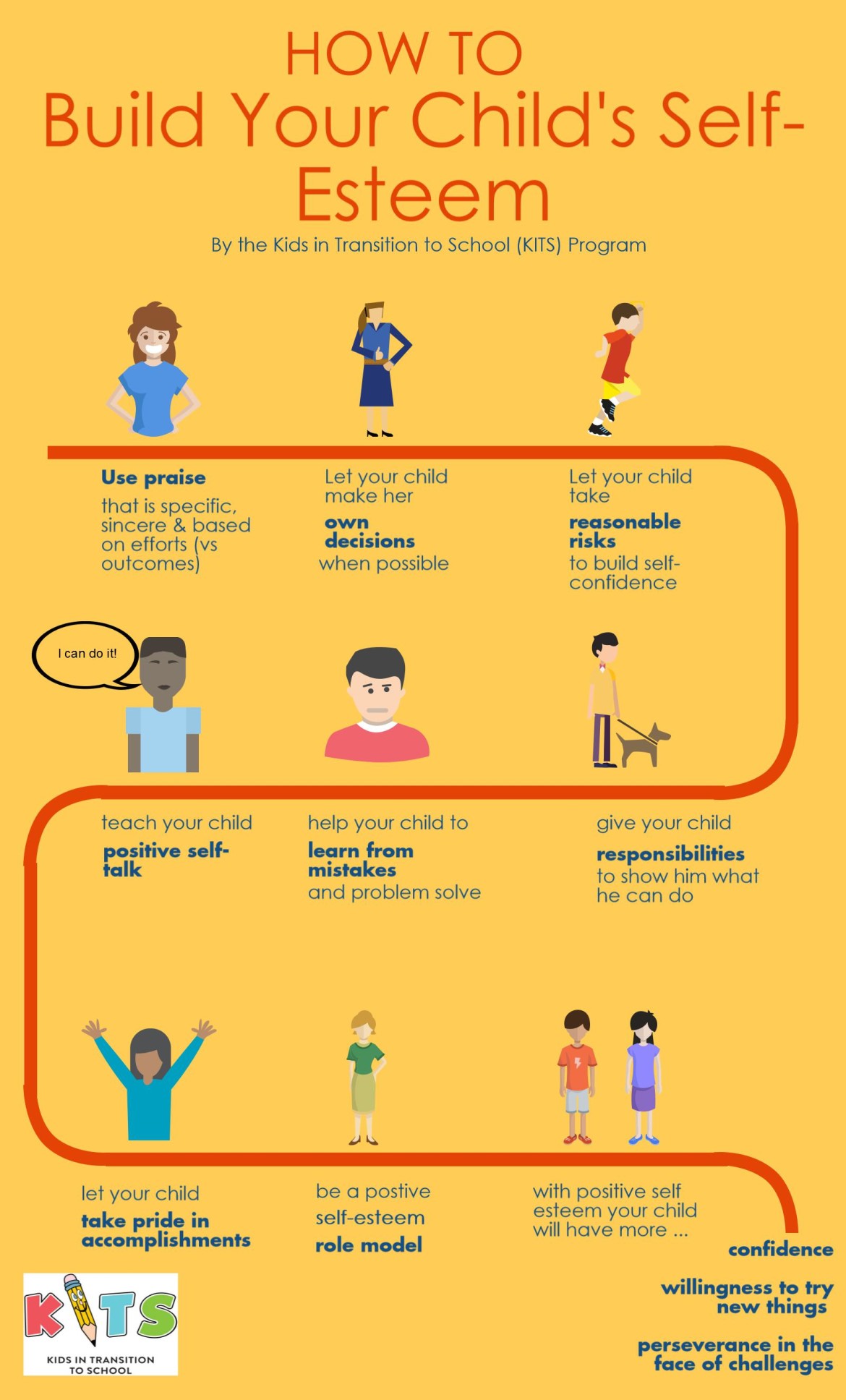How To Improve Low Self Esteem And Confidence
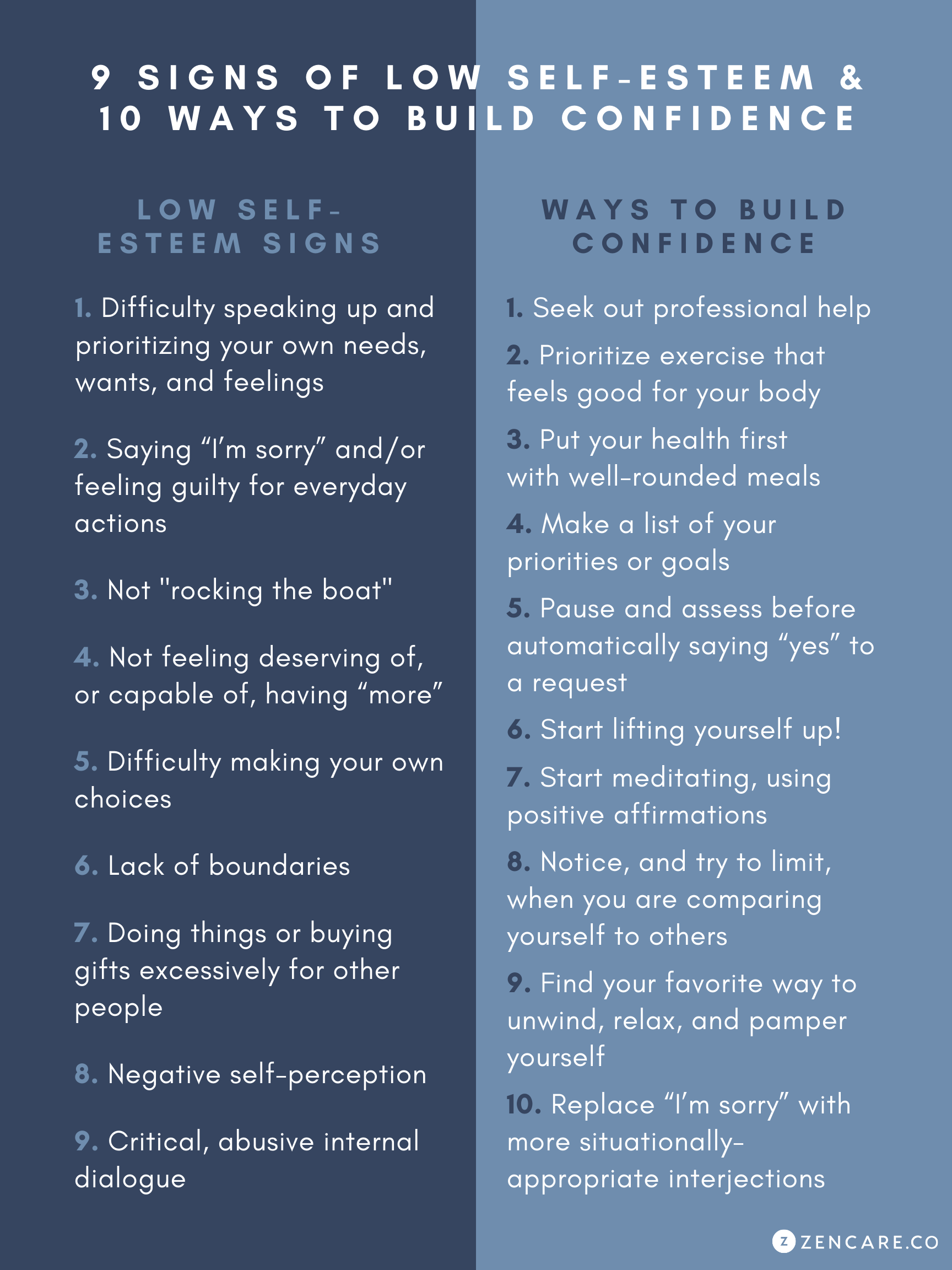
In a world increasingly driven by social media comparisons and constant self-evaluation, cultivating healthy self-esteem and confidence has become more critical than ever. Experts emphasize that low self-esteem isn't a fixed trait but rather a learned pattern of thinking and feeling, meaning it can be reshaped with conscious effort and the right tools. The ability to build a strong sense of self-worth is not just beneficial on a personal level; it also has far-reaching impacts on relationships, career success, and overall well-being.
This article explores practical strategies and evidence-based techniques individuals can implement to improve their self-esteem and boost their confidence. We'll delve into actionable steps, drawing from psychological research and expert advice, to help readers understand and address the root causes of low self-esteem, and ultimately, build a more resilient and positive self-image.
Understanding the Roots of Low Self-Esteem
Low self-esteem often stems from a combination of factors. These can include negative childhood experiences, critical or dismissive parenting, and societal pressures to conform to unrealistic standards.
According to the American Psychological Association (APA), negative self-talk and a tendency to focus on perceived flaws also play a significant role. Recognizing these underlying causes is the first step towards breaking free from the cycle of self-doubt.
Actionable Strategies for Building Self-Esteem
Challenging Negative Thoughts
One of the most effective techniques for improving self-esteem is to challenge negative thought patterns. This involves identifying and questioning the validity of self-critical thoughts.
Ask yourself: Is there evidence to support this thought, or am I being overly critical of myself? Consider reframing negative thoughts into more balanced and realistic ones.
Practicing Self-Compassion
Self-compassion is treating yourself with the same kindness and understanding you would offer a friend. This involves acknowledging your imperfections and recognizing that everyone makes mistakes.
Dr. Kristin Neff, a leading researcher on self-compassion, emphasizes the importance of self-kindness, common humanity (recognizing that you're not alone in your struggles), and mindfulness (being aware of your thoughts and feelings without judgment). Practicing self-compassion can buffer against the negative effects of self-criticism and promote emotional resilience.
Setting Realistic Goals and Celebrating Achievements
Setting achievable goals and celebrating your successes, no matter how small, is crucial for building self-esteem. Break down larger goals into smaller, more manageable steps.
As you achieve these smaller milestones, acknowledge your progress and reward yourself. This helps create a positive feedback loop and reinforces a sense of competence and accomplishment.
Focusing on Strengths and Values
Instead of dwelling on your weaknesses, focus on your strengths and values. What are you good at? What do you value in life? Engage in activities that allow you to use your strengths and live in accordance with your values.
This can lead to a greater sense of purpose and fulfillment, which, in turn, boosts self-esteem.
Taking Care of Your Physical and Mental Health
Your physical and mental health are inextricably linked to your self-esteem. Prioritize activities that promote well-being, such as exercise, healthy eating, and adequate sleep.
Regular exercise has been shown to improve mood and reduce anxiety, while a balanced diet provides the necessary nutrients for optimal brain function. Additionally, make time for activities you enjoy and that help you relax and de-stress.
Seeking Support
If you're struggling with low self-esteem, don't hesitate to seek support from friends, family, or a mental health professional. Talking to someone you trust can provide validation and perspective.
A therapist can help you identify and address the underlying causes of your low self-esteem and develop coping strategies.
"Therapy can provide a safe space to explore difficult emotions and develop healthier patterns of thinking and behaving,"says Jane Doe, a licensed clinical psychologist.
The Ripple Effect of Improved Self-Esteem
Improving self-esteem has a profound impact on various aspects of life. It can lead to healthier relationships, greater career satisfaction, and improved mental and physical well-being.
Individuals with high self-esteem are more likely to take risks, pursue their goals, and bounce back from setbacks. They also tend to have stronger boundaries and are less susceptible to manipulation and abuse.
Building self-esteem is an ongoing process that requires patience, self-compassion, and a willingness to challenge negative beliefs. By implementing the strategies outlined in this article and seeking support when needed, individuals can cultivate a stronger sense of self-worth and lead more fulfilling lives. The journey towards improved self-esteem is an investment in yourself and your future.
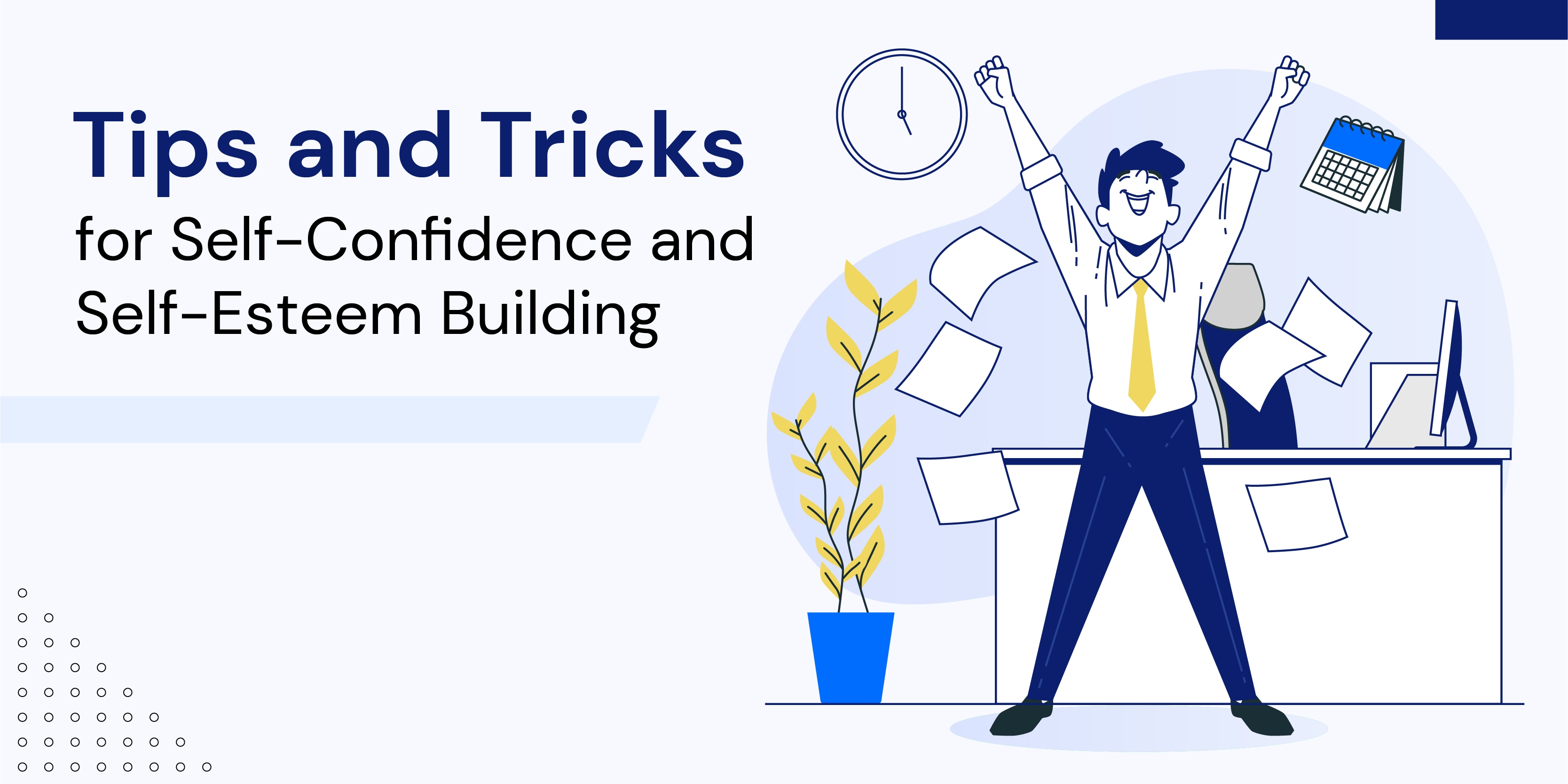


:max_bytes(150000):strip_icc()/how-to-build-self-confidence-5209231-FINAL-fe2e0265fbed407da074f1345163ba21.jpg)

